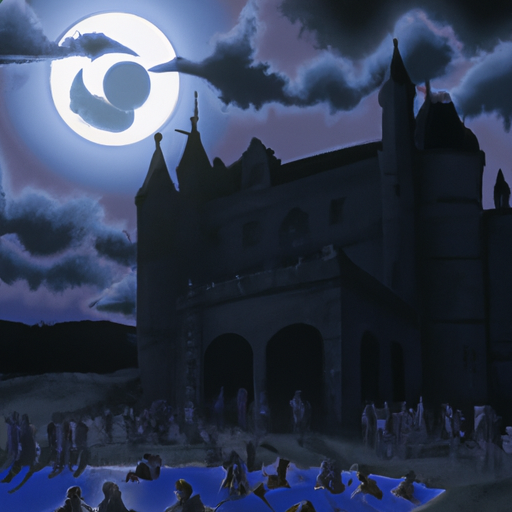Folklore and Tourism: A Supernatural Synergy
While seemingly unrelated, supernatural folklore and tourism share a unique intersection that has gradually come to prominence in recent years. From historic haunts and ghost tours to mythical creatures and legendary stories, a myriad of supernatural elements have significantly influenced tourism spaces, local economies, and cultural perception. This article aims to delve deep into this fascinating phenomenon.
The Rise of Folklore Tourism
Tourism regions known for their supernatural folklore have witnessed a surge in popularity. Be it the eerie castles of Scotland, the haunted plantations of America's South, or the mystical creature folklore of Japan, these places have garnered interest from around the globe. Factors driving such popularity are numerous - the human fascination with the unknown, desire for unique travel experiences, and interest in cultural immersion - to name a few.
Who are the Folklore Tourists?
Demographically, the folklore tourism sector attracts a diverse range. Enthusiasts span all ages, genders, and nationalities. While some tour for the thrill of encountering the supernatural, others are drawn by rich cultural narratives and historical significance these places often hold.
Economic Impact
The economic contribution of folklore tourism is substantial. Local economies benefit immensely from the influx of tourists. They bring revenue to local businesses, creating job opportunities and contributing to economic growth. Cases in point include the city of Salem in the United States, known for its infamous witch trials, and Transylvania in Romania, home of the Dracula legend.
The Dark Side of Folklore Tourism
However, predicaments also exist. For example, there's an ongoing concern that excessive tourism can lead to cultural dilution or misrepresentation. Furthermore, the exploitation of local communities and their stories for commercial gain is another ethical issue that often surfaces.
The Future of Folklore Tourism
The future could witness the further merger of technology and folklore tourism - virtual reality tours, augmented reality experiences, personalized folklore narratives based on tourists' preferences, to name a few. However, striking a delicate balance between technological advancements, respectful cultural representation, and local benefit will be essential.
Concluding Thoughts
The interweaving of supernatural folklore and tourism presents a unique amalgam of history, culture, and thrill. Tourism rooted in folklore has the potential to enable a deeper connection with the place and its past. While challenges persist, thoughtful and responsible promotion can pave way for a mutually beneficial entity - for tourists, local communities, and cultures alike.


















Comments
Leave a Comment